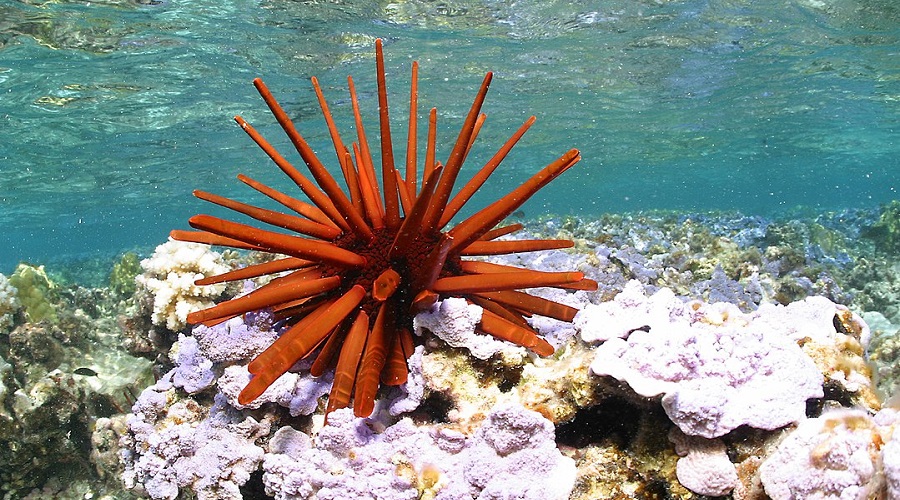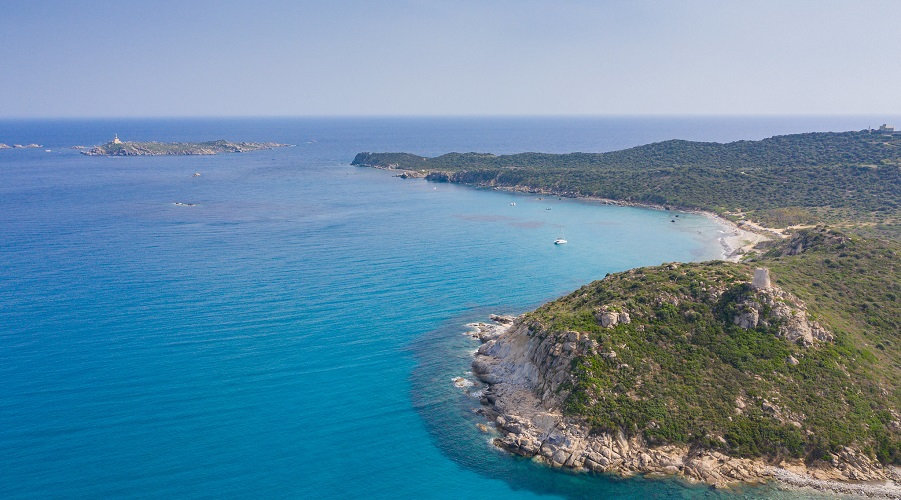The Sea Around Us PhD candidate Veronica Relano is among the 10 members of the University of British Columbia’s delegation travelling to Egypt to attend the 27th United Nations Climate Change Conference of the Parties (COP27).
The Sea Around Us PhD candidate Veronica Relano is among the 10 members of the University of British Columbia’s delegation travelling to Egypt to attend the 27th United Nations Climate Change Conference of the Parties (COP27).

Knowledge provided by local stakeholders such as non-governmental organizations, academics, civil servants, journalists, and fishers can be valuable for evaluating the effectiveness of countries’ marine protected areas (MPAs).

A view from the north on the Marine Protected Area of Capo Carbonara and the island of Cavoli in Sardinia, Italy. Photo by dronepicr, Flickr.
Conserving marine biodiversity, avoiding species extinction and maintaining food security from wild capture fisheries can all be achieved simultaneously if a global, non-regionalized approach to marine spatial management is undertaken by the signatories of IUCN Resolution 50, which calls for the protection of 30 per cent of the ocean by 2030.

Panda image by KAM_1958, Wikimedia Commons. Mediterranean seal image by M. Cedenilla, CBD-Habitat.
The tendency to place protected areas in habitats that are less attractive to humans because they are not very productive may be the reason why many species remain threatened and continue to decline.
To mark the sesquicentennial anniversary of Canada’s Confederation, the Peter Wall Institute is releasing, on June 23, the book Reflections of Canada: Illuminating our Biggest Possibilities and Challenges at 150 Years.
It is a provocative essay collection where leading writers, researchers, and public intellectuals peer into the country’s future within their individual areas of expertise. And, who better than the Sea Around Us Principal Investigator, Daniel Pauly; the Nereus Program Science Director, William Cheung; and OceanCanada‘s Director, Rashid Sumaila, to talk about what the upcoming years might look like for Canada’s fisheries?